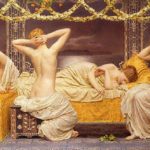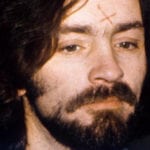 Animals
Animals  Animals
Animals  Weird Stuff
Weird Stuff 10 Weird Things People Used to Do at New Year’s
 Our World
Our World 10 Archaeological Discoveries of 2025 That Refined History
 Weird Stuff
Weird Stuff 10 Fascinating Facts You Might Not Know About Snow
 Miscellaneous
Miscellaneous Top 10 Things Crypto Was Supposed to Change & What Actually Did
 History
History 10 Huge Historical Events That Happened on Christmas Eve
 Music
Music 10 Surprising Origin Stories of Your Favorite Holiday Songs
 History
History 10 Less Than Jolly Events That Occurred on December 25
 Weird Stuff
Weird Stuff 10 Funny Ways That Researchers Overthink Christmas
 Politics
Politics 10 Political Scandals That Sent Crowds Into the Streets
 Animals
Animals 10 Species That Refused to Go Extinct
 Weird Stuff
Weird Stuff 10 Weird Things People Used to Do at New Year’s
 Our World
Our World 10 Archaeological Discoveries of 2025 That Refined History
Who's Behind Listverse?

Jamie Frater
Head Editor
Jamie founded Listverse due to an insatiable desire to share fascinating, obscure, and bizarre facts. He has been a guest speaker on numerous national radio and television stations and is a five time published author.
More About Us Weird Stuff
Weird Stuff 10 Fascinating Facts You Might Not Know About Snow
 Miscellaneous
Miscellaneous Top 10 Things Crypto Was Supposed to Change & What Actually Did
 History
History 10 Huge Historical Events That Happened on Christmas Eve
 Music
Music 10 Surprising Origin Stories of Your Favorite Holiday Songs
 History
History 10 Less Than Jolly Events That Occurred on December 25
 Weird Stuff
Weird Stuff 10 Funny Ways That Researchers Overthink Christmas
 Politics
Politics 10 Political Scandals That Sent Crowds Into the Streets
10 Male Sex Workers Who Made History
When we think of famous prostitutes, we usually think of women. Royal mistresses like Madame de Pompadour or Nell Gwynn, the hetaerae of the ancient world like Aspasia or Phryne, the women of the century demimonde like Marie DuPlessis (immortalized in Verdi’s La traviata) or La Belle Otero, or more recent women like Xaviera Hollander (The Happy Hooker) or Brooke Magnanti, writing under the pen name Belle de Jour.
But male prostitutes have made history, too. They’ve inspired poets and artists, led rebellions, brought down powerful political figures, and become infamous serial killers. Two of these men, Lao Ai and Shai Shahar, are famous for their liaisons with women, while the others primarily served other men.
Here are some of the most famous—from ancient times to today.
10 Phaedo Of Elis
Fourth Century BC
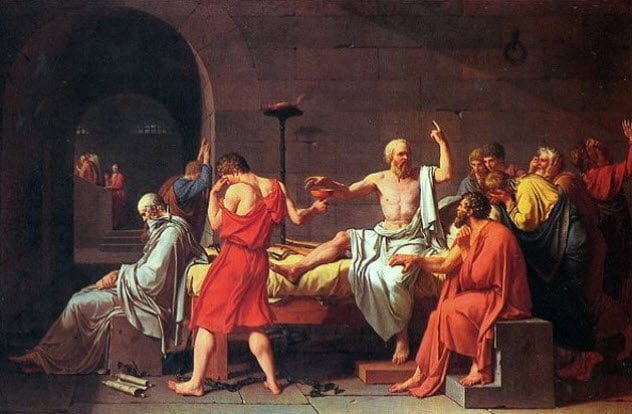
Phaedo, a handsome young man from an aristocratic family, was captured in the war between Elis and the allies, Athens and Sparta. He was enslaved in Athens and made to serve as a prostitute.
Phaedo was serving clients at an event where the philosopher Socrates was present and pleaded for his freedom. Socrates’s friends bought Phaedo’s freedom, and he became a philosopher himself.
Plato’s dialogue Phaedo is named for Phaedo, and he was present at Socrates’s death. After Socrates’s death, Phaedo went back to Elis and formed his own school of philosophy.
9 Lao Ai
Died 238 BC
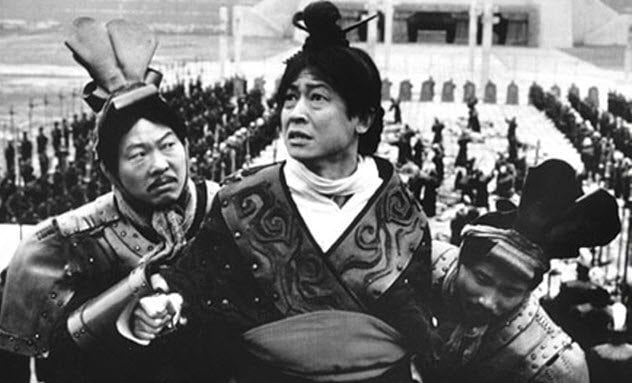
During the regency of Qin Shi Huang, ruler of the Qin state and later the first emperor of China, Lao Ai was recruited to become the queen dowager’s boy toy. He was smuggled into the court as a eunuch, although he was no such thing. In fact, it was the size of his equipment that caught the queen’s eye.
Lao took advantage of his hold over the queen and publicly boasted of his power. Lao and the regent Lu Buwei conspired unsuccessfully against the future emperor with the queen’s tacit approval. After their coup attempt failed, Lao was killed, Lu committed suicide, and the queen was placed under house arrest.
8 Febo di Poggio
1500s
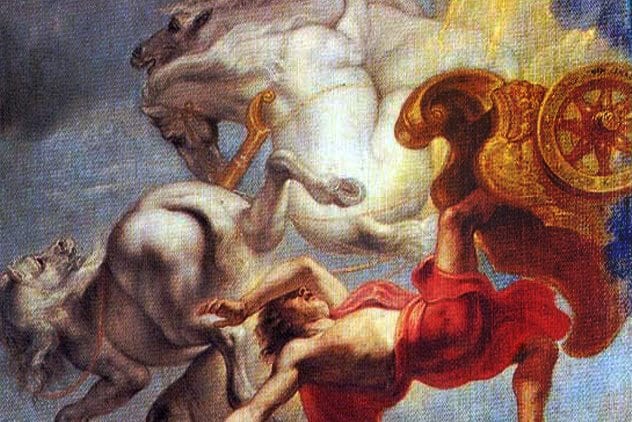
Febo di Poggio was one of Michelangelo’s many male models and lovers. According to Michelangelo’s poetry and contemporary rumor, di Poggio was fickle and mercenary and demanded so many gifts that Michelangelo called him “little blackmailer.”
Michelangelo was so enamored that he wrote two poems to di Poggio, G. 99 and G. 100. In keeping with Renaissance poetic tradition, Michelangelo included several plays on words in these poems, referencing di Poggio’s last name (which means “of the hill”) and his first name (equivalent to “Phoebus,” another name for the god Apollo) in these poems.
However, the relationship ended after a relatively short time and Michelangelo moved on to new loves.
7 John Saul
1857–1904
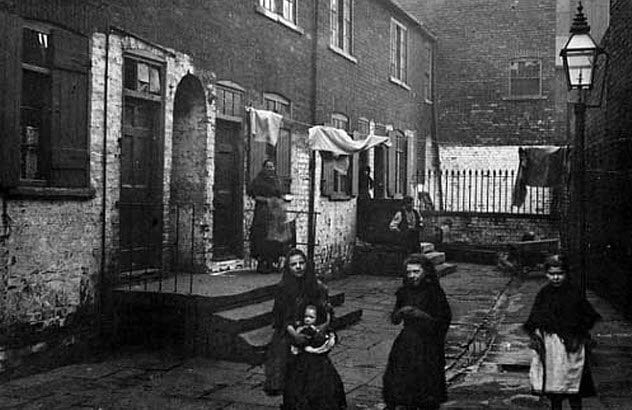
Although John Saul was born into desperate poverty in a Dublin slum, he became the most famous of London’s male prostitutes and was involved in both major male prostitution scandals of the Victorian period. He might have been the author of the 1881 pornographic novel The Sins of the Cities of the Plain; or, The Recollections of a Mary-Ann, with Short Essays on Sodomy and Tribadism.
In 1884, Irish nationalists alleged that there were homosexual orgies at the castle and named Martin Oranmore Kirwan, the son of a prominent Galway landowner, as one of the participants. Earlier in his career, Kirwan had paid Saul for sexual favors. Saul was brought to London to testify, although he wasn’t actually put on the witness stand.
In 1887, Saul was one of the in-house prostitutes at 19 Cleveland Street, which was involved in a major public scandal in 1890. Saul openly testified during the related trial that he worked there as “a professional Mary-Ann,” the current slang for male prostitutes.
However, he was never prosecuted, possibly because the authorities were afraid that he might name other Cleveland Street clients, including Prince Albert Victor, Queen Victoria’s grandson and heir to the throne at that time.
6 Herbert Huncke
1915–1996
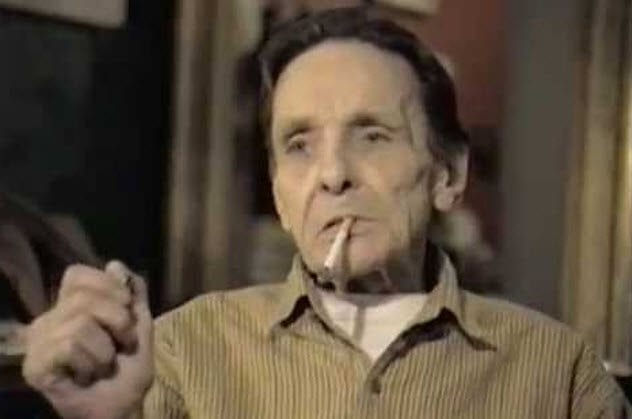
Herbert Huncke, whose last name is pronounced “hunky,” was one of the most prominent Beats of the post–World War II generation and was indeed the one who named the Beat movement. He came from a middle-class family but found street life far more compelling.
Huncke, who briefly worked for Al Capone’s gang, started his prostitution career in Chicago. But Huncke didn’t make it big until he moved to New York City in 1939, where he was known as the “Mayor of 42nd Street.” He was addicted to drugs, especially morphine, from an early age.
William S. Burroughs wrote his first novel, Junkie, about Huncke and Jack Kerouac later used Huncke as the primary inspiration for the character Elmer Hassel in his famous book On the Road. In addition, Alfred Kinsey used Huncke to recruit subjects for his sexual research.
5 Jean Genet
1910–1986
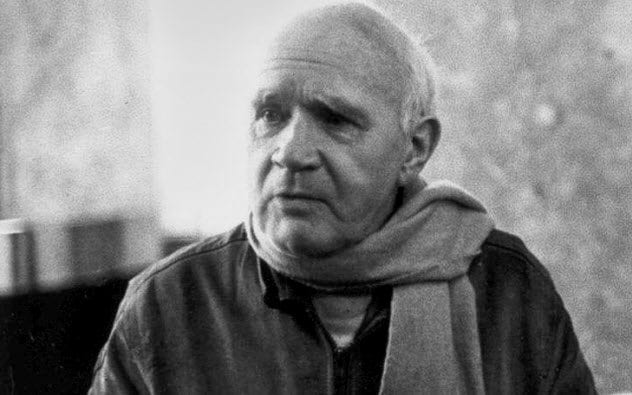
Jean Genet was one of the best-known dramatists and thinkers behind French Modernism, inspiring Jean-Paul Sartre and Jacques Derrida, among others. The son of a prostitute, Genet wrote about his experiences servicing sailors in his autobiographical novel, Our Lady of the Flowers.
This book’s frank depiction of life among prostitutes and the criminal classes became an instant scandal and is now considered a classic piece in the literature of gay liberation. Genet followed the book with the plays The Balcony, The Blacks, The Maids, and The Screens. He also wrote the novels Querelle of Brest, Funeral Rites, and The Thief’s Journal, and a short film, A Love Song.
Genet became a political activist as well as a playwright and even inspired a David Bowie song, “The Jean Genie.”
4 Denham Fouts
1914–1948
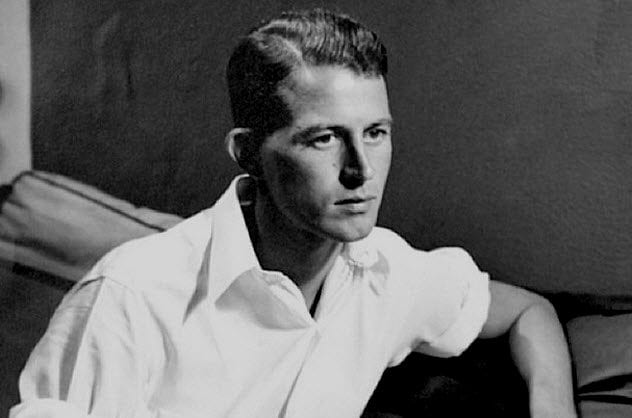
Denham Fouts led a colorful life. He counted the wealthy, artists, and royalty among his clients as well as many of the period’s most famous authors and Bright Young Things among his friends.
In the 1920s, after Fouts robbed a Greek millionaire client and was sentenced to jail, the Welsh poet Evan Morgan (the 2nd Viscount Tredegar) bailed him out and supported him. Fouts left Tredegar for Prince Paul of Greece, but Paul ended the relationship when he became king.
Fouts then took up with Peter Watson, an industrialist and publisher of the literary magazine Horizon. Christopher Isherwood said Fouts was “the most expensive male prostitute in the world.” He fell in love with a picture of Truman Capote and sent Capote a blank check and his address in Paris. Fouts died young of heart failure in Paris.
3 Shai Shahar
Retired 1999
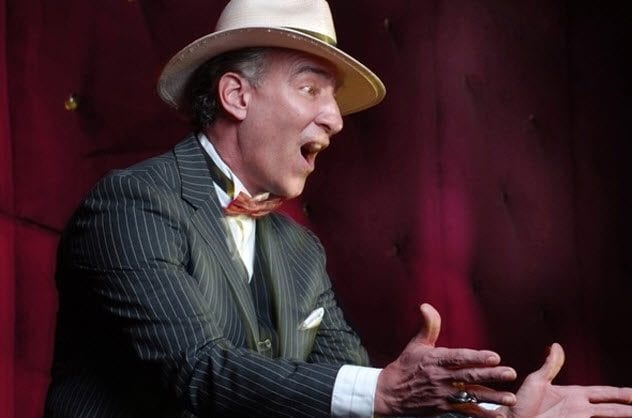
Shai Shahar, a former soldier in both the United States and Israel, was the first man to go on display in the famous windows in Amsterdam’s red-light district. He claimed that his clientele, there and elsewhere, included royalty, politicians, and movie stars.
Shahar also claimed to have had sex with 500 different women and 40 couples. After retiring from prostitution, he became a singer and promoter for burlesque productions as well as an advocate for legal prostitution and sex worker rights.
2 Mike Jones
20th century
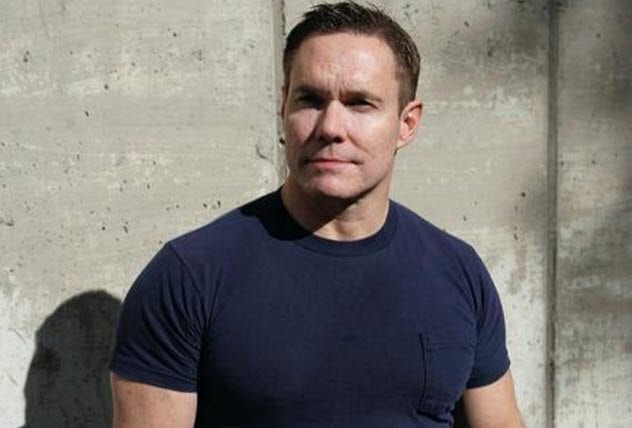
Mike Jones, who prefers to be called an escort rather than a prostitute, became famous for outing his client, Reverend Ted Haggard. Haggard was one of the best-known evangelical leaders in the United States and was a regular adviser to President George W. Bush.
Haggard, a married man, was an active proponent for the Defense of Marriage Act, which banned same-sex marriage. This advocacy made Jones decide to out Haggard, despite knowing that it would almost certainly cost him his career. “This [hypocrisy] is so strong for me, and it hurt me so deeply, that I simply reached the point where I had to say something.”
1 Jeff Gannon
Born 1957
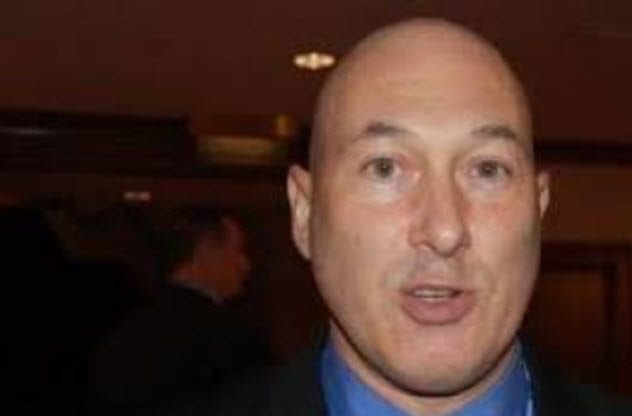
Jeff Gannon (born James Dale Guckert) lived two lives, one as a member of the White House Press Corps during George W. Bush’s administration and the other as a professional escort named “Bulldog” who advertised on websites such as militaryescorts.com. He did not, however, have a military background.
Gannon was able to bypass the standard clearance procedures for White House press passes, which later raised suspicions that he had received special treatment. During a press conference on January 26, 2005, he asked President George W. Bush, “How are you going to work with people [Senate Democrats] who seem to have divorced themselves from reality?”
This overtly partisan question brought him to national attention. Reporters began digging into his background and revealed that he had been a male escort. In 2007, Gannon published a book, The Great Media War, about his experience and the media in general.
+ Andrew Cunanan
1969–1997
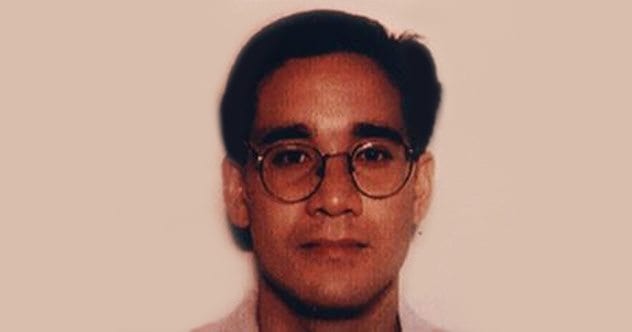
Andrew Cunanan was a very successful prostitute on the West Coast of the United States who made a good living off multiple clients. One, Norman Blachford, flew Cunanan around the world and gave him a car, housing, and an allowance.
Cunanan was a habitual liar, exaggerating his background and frequently pretending to be independently wealthy. For some unknown reason, he embarked on a violent murder spree in 1997.
His first victim was Jeff Trail, a former lover, followed by David Madson, an architect. Cunanan then murdered Lee Miglin, a famous and wealthy real estate developer, which put Cunanan on the FBI’s Ten Most Wanted List. He then killed cemetery caretaker William Reese, the first victim who had no apparent preexisting link to Cunanan.
Then Cunanan fled to Miami, where he shot and killed fashion designer Gianni Versace and later shot himself. To date, no investigation has uncovered a motive for the killings.
Ann is a researcher, writer, and currently, a job hunter. Learn more about her on LinkedIn or see more of her writing on Medium.


